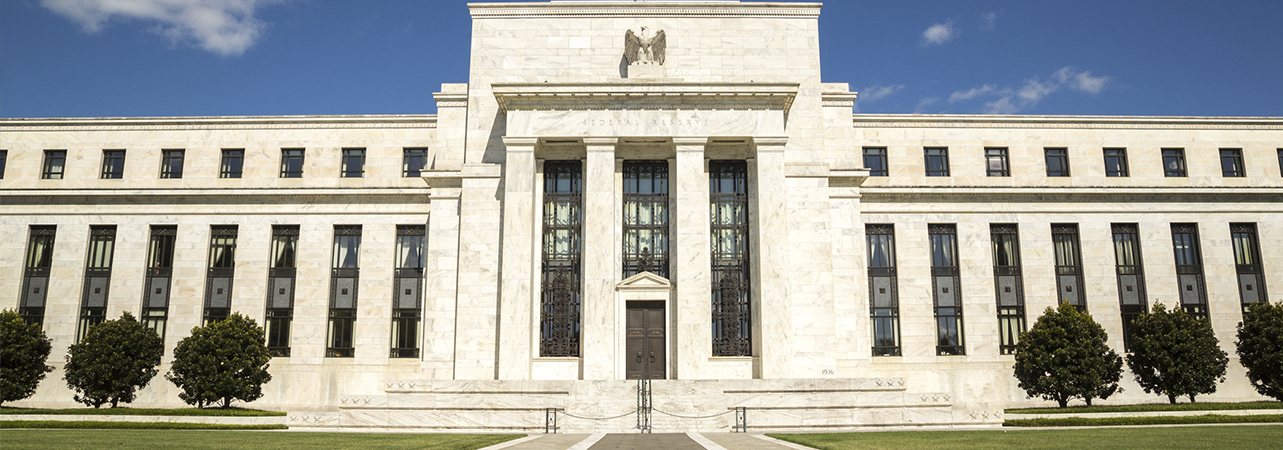Global equity markets generally built on October’s gains during November as investors became increasingly hopeful that the US Federal Reserve was considering a slowdown in the future pace of interest rate increases.
- The US federal funds rate rose to a range of 3.75% to 4%
- Inflation eased in the US and the eurozone
- Sentiment was undermined by unrest in China
Pace of tightening set to slow? Global equity markets generally built on October’s gains during November as investors became increasingly hopeful that the US Federal Reserve (Fed) was considering a slowdown in the future pace of interest rate increases.
“The eurozone’s rate of inflation fell for the first time since July 2021”
Another 75 basis points: during the month, the Fed raised its key federal funds rate by another 75 basis points to a range of 3.75% to 4%, taking it to its highest level since January 2008 . This was the Fed’s sixth consecutive rate increase, and its fourth increase of 0.75 percentage points. Fed Chair Jerome Powell warned that moves to reduce inflationary pressures were likely to result in a “sustained period of below-trend growth”.
FOMC minutes provide hope: later in the month, investors were encouraged by the minutes from the Federal Open Market Committee’s (FOMC’s) meeting, which indicated that policymakers may favour smaller rate increases in future, suggesting that the recent run of 75 basis point rises might be replaced by less aggressive moves of 50 basis points when appropriate. The Dow Jones Industrial Average Index rose by 5.7% over November.
Inflationary pressures show signs of cooling: in the US, consumer price inflation rose at an annualised rate of 7.7% during October, representing its lowest level since January. Elsewhere, the eurozone’s rate of inflation fell for the first time since July 2021 during November, easing from 10.6% in October to reach 10%. Although energy price inflation fell sharply from 41.5% year on year in October to 34.9%, food prices continued to climb, rising from 13.1% to 13.6%. According to the Organisation for Economic Co-operation & Development (OECD) , Germany’s economy is expected to generate the weakest performance in the EU during 2023, with a predicted contraction of 0.3%. Nevertheless, the Dax Index rose by 8.6% over November as a whole.
China under pressure: growing dissatisfaction over the Chinese government’s controversial zero-Covid policy triggered protests in some cities and soured investor sentiment towards the country’s economy and wider global prospects. Covid-related restrictions put a brake on consumer spending: having risen by 2.5% in September, retail sales in China fell by 0.5% in October posting their first monthly decline since May. Meanwhile, Japan’s economy contracted by 1.2% year on year during the third quarter as consumer spending was curbed by rising prices. The Nikkei 225 Index rose by 1.4% in November.
To view the series of market updates through November, click here




